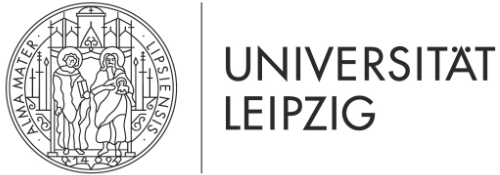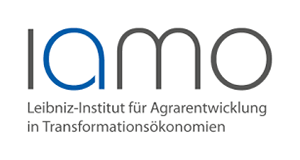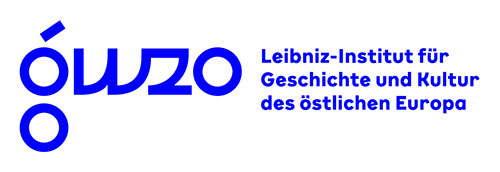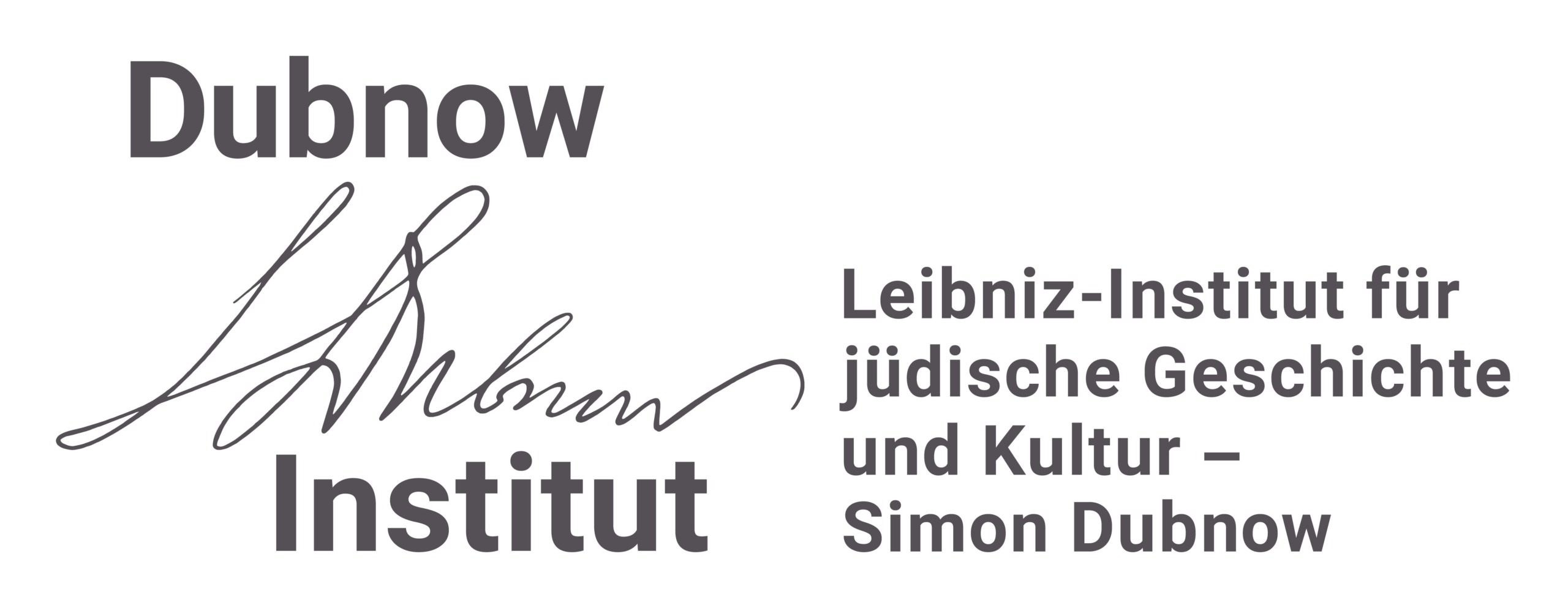Book launch „The Middle Income Trap in Central and Eastern Europe – Emergence and Ways out“
In the past 30 years, Central and Eastern Europe have demonstrated impressive economic growth. Differences among the new member states of the European Union do persist, yet these countries were able to significantly increase their GDP and productivity. This process has led said countries into a middle-income trap: they have become too expensive to attract foreign investments via low prices. At the same time, they have not yet become innovative enough to justify high prices for their products. The repercussions of this phenomenon are still unclear, and understanding this them might be key for future economic policies of these countries. In theory, countries should attempt to continue attracting foreign investors through low prices and production costs and focus on innovativeness and quality – yet doing both at the same time is far from easy. This is a crucial topic for understanding Central and Eastern Europe (CEE) and its current challenges. For that reason, Berghahn Books agreed to include this edited volume of “The Middle-Income Trap in Central and Eastern Europe – Emergence and Ways out” in their programme.
Edited by Dr. Yaman Kouli (Heinrich Heine University Düsseldorf) and Dr. Uwe Müller (Leibniz Institute for the History and Culture of Eastern Europe), this work addresses the question of possible consequences of the middle-income trap. Both editors and three contributors presented the main topics of the book in the Kupfersaal Lounge in Leipzig on October 26, 2021. After introductory speeches by Lena Dallywater (EEGA) and Dr. Steffen Preissler (Fraunhofer Center for International Management and Knowledge Economy IMW), Uwe Müller explained the process of creating the book. Yaman Kouli took the opportunity to shed light on the general idea of the middle-income trap. He clarified that the current democratic backlash in some countries (such as Poland or Hungary) might be interlinked with the repercussions of the middle-income trap. The three contributors gave an overview of the main topics of the book. Dr. Kiril Kossev (Organisation for Economic Co-operation and Development OECD, Paris) argued that the catch-up process in CEE has come to an end, and that economic policies need to shift towards a more inclusive growth model founded in innovations. Grzegorz Lechowski (Berlin Social Science Center) dedicated his presentation to the software industry in Poland as an example for a promising, innovative industry. Dr. Daniel Šitera (Charles University Prague) discussed the “Developmentalist illusion” and the obstacles that have come up since the 2010s. The subsequent discussion was moderated by Dirk Langolf (Fraunhofer Center for International Management and Knowledge Economy IMW).
The event took place with the support of the Leibniz ScienceCampus „Eastern Europe – Global Area“ (EEGA), the Leibniz Institute for the History and Culture of Eastern Europe, and the Fraunhofer Center for International Management and Knowledge Economy IMW.
The recorded presentation of the book is available on Youtube.








